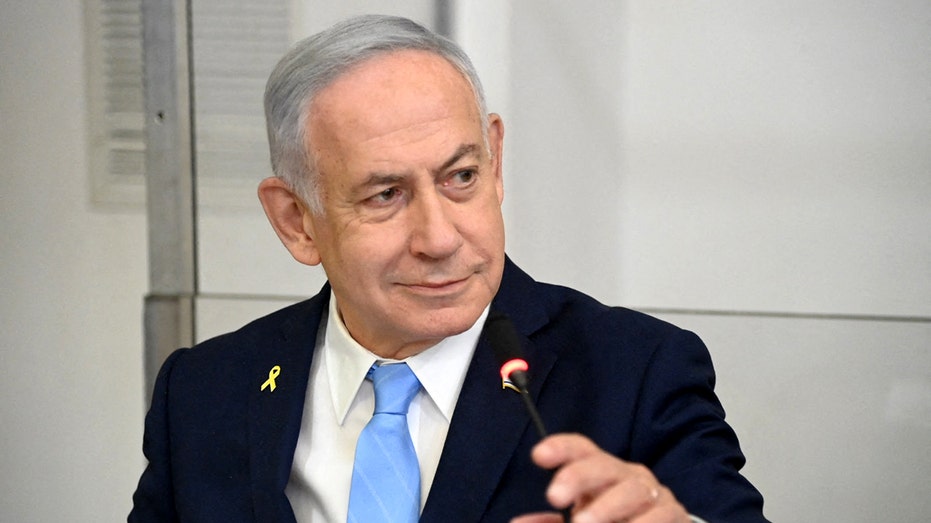Netanyahu's Coalition Faces Crisis Over Military Conscription Dispute with Religious Parties
Israel's political crisis escalates as ultra-Orthodox parties threaten to exit Netanyahu's coalition over military exemption disputes, risking early elections.

Israel is witnessing a rapidly intensifying political standoff that threatens to shatter Prime Minister Benjamin Netanyahu's fragile right-wing coalition. A pivotal moment looms as one of the government’s ultra-Orthodox allies considers abandoning Netanyahu and supporting the opposition’s move to dissolve parliament. If defections occur, it could force early elections and a dramatic reshaping of the country's leadership.
The immediate cause of the crisis lies in the longstanding debate over military conscription for ultra-Orthodox, or Haredi, men. While military service is mandatory for most Israeli citizens—three years for men, two for women—Haredi men have been exempted for decades, a practice rooted in the state’s founding. However, amid the continuing war in Gaza and severe IDF personnel shortages following the tragic events of October 7, public patience with these exemptions has woefully eroded. Recent polling shows widespread Israeli anger over what many see as unfair treatment of those who risk their lives in uniform compared to those allowed to abstain on religious grounds.
The pressure is compounded by a Supreme Court decision in March declaring the draft exemptions unconstitutional. The court ordered the government to legislate a new arrangement, but deep divisions within the coalition have made consensus elusive. Netanyahu’s government, propped up by the ultra-Orthodox parties Shas and United Torah Judaism, faces internal demands to codify the exemptions. The Haredi parties, which control 18 critical Knesset seats, warn they will quit if their terms aren't met—a move that would almost certainly spell the end of the current government.
Political analysts point to the war in Gaza as an accelerant for public frustration and coalition fissures. Disparities in military service obligations have become one of the few unifying issues across the Israeli political spectrum, with calls growing louder for equalizing the burden of national defense. “Discrimination against those who serve in the military is one of the few issues that unites a vast majority of Israelis – and they want it to end,” noted a leading political commentator.
The timeline is tight. The opposition, led by Yair Lapid’s Yesh Atid party, is pushing forward a bill to dissolve the Knesset, with a vote scheduled for June 11. The proposal needs 61 votes to succeed—a threshold that could be reached if just a handful of coalition members switch sides, especially if the ultra-Orthodox factions depart. Meanwhile, Netanyahu is fighting to stave off dissolution at least until July 27, when the Knesset enters recess, hoping to buy time to heal the rifts.
Complicating matters further is the return to politics of former Prime Minister Naftali Bennett. His newly announced party, provisionally named "Bennett 2026," is polling strongly, with projections suggesting it could eclipse Netanyahu’s Likud in any fresh election. According to recent surveys, Bennett’s party would secure between 24 and 28 seats, compared to Likud’s 19 to 22, highlighting the shifting allegiances and uncertainty gripping Israeli politics.
As the countdown to the pivotal Knesset vote continues, the fate of Netanyahu’s government—and perhaps the broader trajectory of Israeli society—hangs in the balance. Whether the prime minister can hold his coalition together or Israel heads to early elections could be decided within days, marking a potential turning point in one of the country’s deepest political crises in years.




